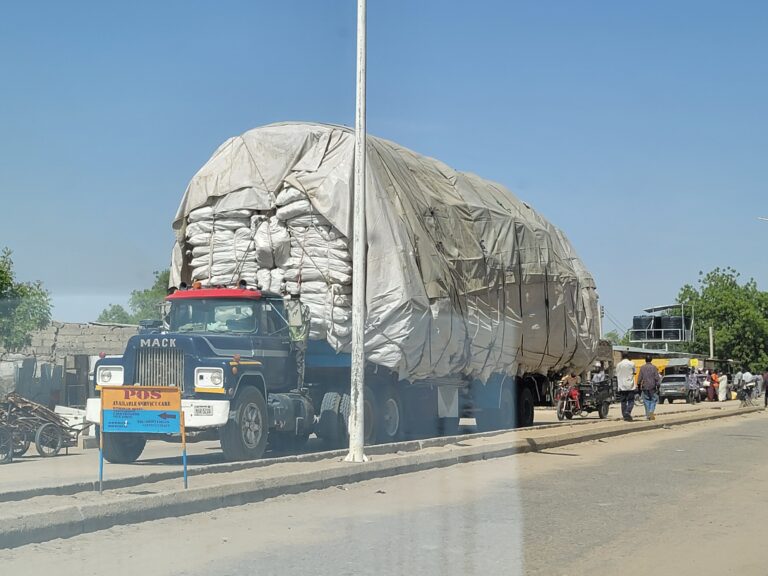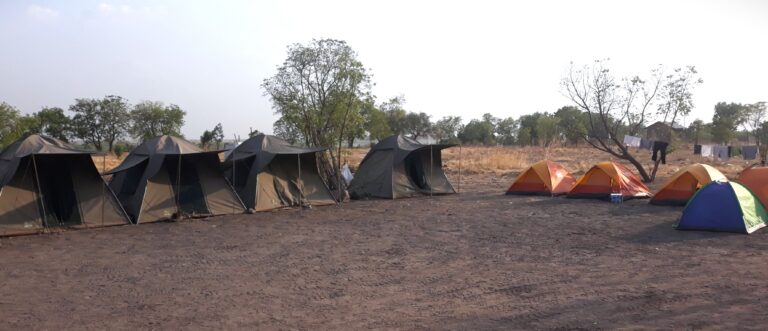
Me, Myself, and the Pledge.
This is not a piece about localization, it is not about decolonization, and it is not about partnerships or frameworks or policy language. This is

This is not a piece about localization, it is not about decolonization, and it is not about partnerships or frameworks or policy language. This is

HQ in International NGOs has a talent for introducing change. It usually begins with good intention. Someone notices a gap. Someone else sees an opportunity.

If you have ever worked in or with an INGO’s regional office, you know the feeling. It sits between headquarters and country teams, trying to

Optimism Is the Fuel of Resilience I have been reflecting on resilience, not as an idea printed in strategy documents, but as something lived in

Holiday season is coming in many countries. Some people have extra time, while others are planning their reading list for 2026 or looking for inspiration.

There is a quiet contradiction in the story of modern innovation. Everywhere you look, technology largely works as promised. Systems run faster, automation delivers precision,

When I speak with diplomats, donors, foundations, and impact investors, each of them has a perspective and an incentive for international aid and development. Some

My dear friend, The world is asking much of you in these days. We are living through a demanding moment in our work. The needs

The Real Test of AI: Can We Change Fast Enough? I have spent the past few years watching AI move from a quiet experiment in labs

Hope Is Not a Strategy People say, “I have hope.”They live on it. Breathe it. Build their mornings and midnights around it.Hope that things will